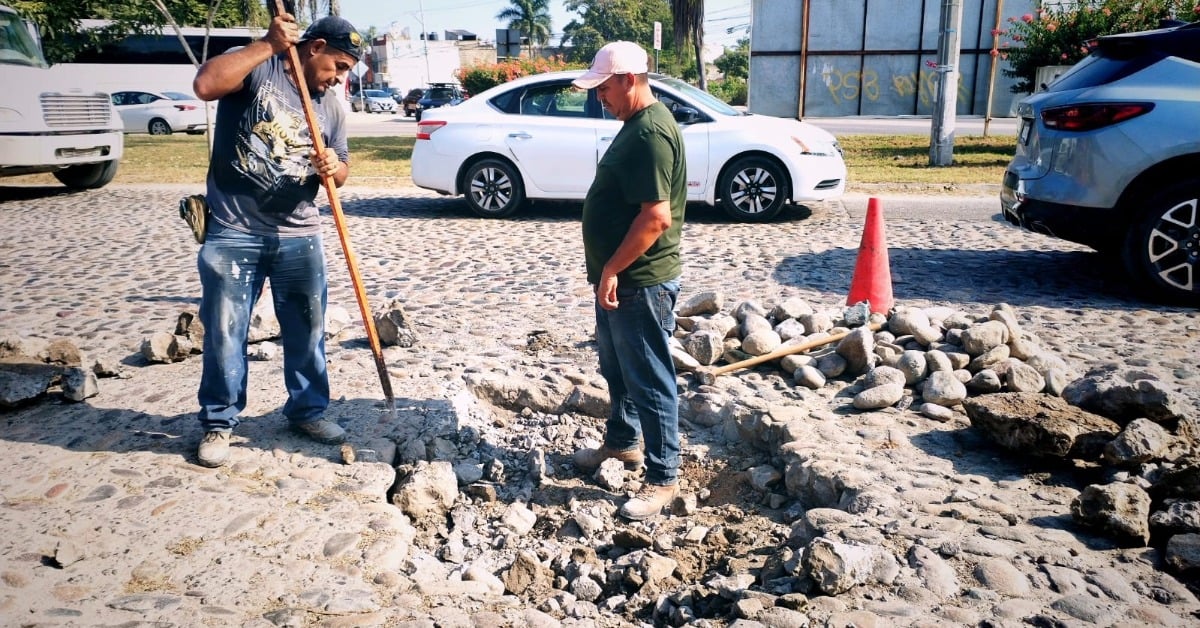INEGI’s 2025 survey shows Puerto Vallarta residents frustrated over water supply, public transport, and street conditions . . .


INEGI’s 2025 survey shows Puerto Vallarta residents frustrated over water supply, public transport, and street conditions . . .
